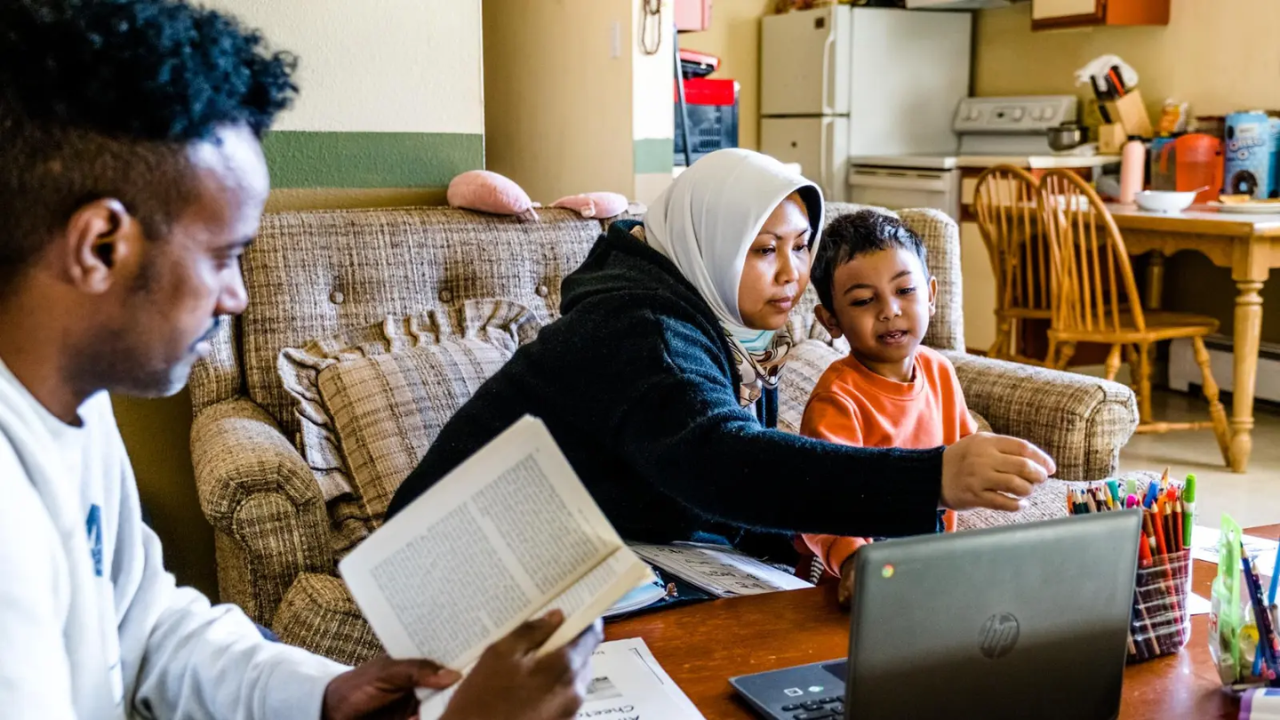Race Day Live Organizations that support refugees in the Mountain West are struggling to adapt to new executive orders from the Trump administration, which have put a hold on resettlement efforts and frozen federal funding.
These policies are affecting thousands of people, both those seeking refuge in the U.S. and families already living here.
On his first day in office, President Trump signed an order to suspend refugee resettlement, citing concerns about the country’s ability to handle large numbers of migrants.
The order also directed Homeland Security to review the program and determine within 90 days whether it should continue.
This decision has left many refugees in limbo, especially in states like Idaho, Arizona, Utah, and Colorado, which have historically taken in a significant number of displaced people from countries like the Democratic Republic of Congo, Myanmar, and Afghanistan.
With flights now indefinitely canceled, many refugees who were about to be reunited with their families have been forced to wait again.
The resettlement process already involves years of security screenings, and even those who were approved remain unsure when or if they will be able to continue the process.
Jaime Koehler Blanchard, a director at Lutheran Family Services Rocky Mountains, shared that around 60% of the people scheduled to arrive in Denver had close family members waiting for them in the U.S.
Many others have distant relatives or friends here who were prepared to welcome them.
Read More:
- Floyd Mayweather’s Grandson’s Father Receives Shorter Sentence Than Expected!
- Major Rate Hike Coming! Duke Energy & TECO Customers to Pay More!
“They had their travel booked, they were ready to go,” Blanchard explained. “Some of them haven’t seen their family in years, and now they have no idea how long they’ll be apart.”
Adding to the problem, refugee resettlement organizations that rely on federal contracts have also been ordered to stop using government grant money.
This funding is crucial for helping refugees settle into their new communities by covering essentials like job placement, housing assistance, and school enrollment for children.
“We help them with food, groceries, finding work, and getting into English classes,” Blanchard said. “Without that support, it’s much harder for them to adjust.”
Now, organizations are seeking private donations to continue their work, but Blanchard admits it’s not enough to fill the gap.
The funding freeze has already forced several resettlement groups across the U.S. to lay off staff, creating even more uncertainty for refugees and the agencies trying to support them.
Disclaimer- Our team has thoroughly fact-checked this article to ensure its accuracy and maintain its credibility. We are committed to providing honest and reliable content for our readers.

